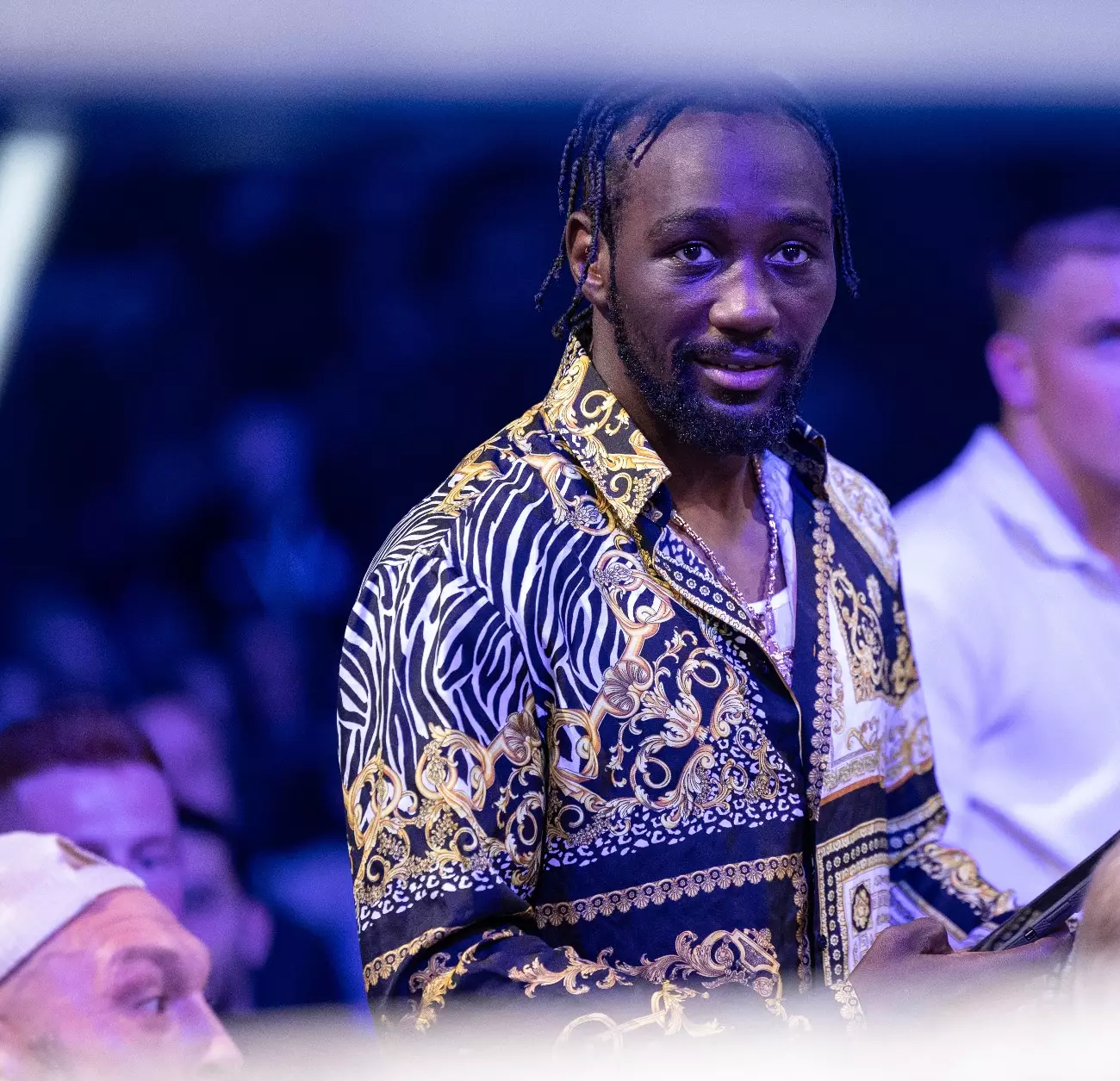In a recent exchange that has stirred the boxing community, Terence Crawford commented on Teofimo Lopez’s controversial remarks during an interview. Lopez, when asked about potential matchups with Crawford or Gervonta Davis, made an off-color reference by saying, “Whichever monkey wants to get the banana.” This statement has drawn sharp criticism from Crawford, who perceives Lopez’s comment as a desperate act for attention in an attempt to rekindle his faded career.
Crawford highlighted the double standards that seem to permeate discussions about race in combat sports. He expressed that had he or Gervonta Davis made a similar racially charged comment, the backlash would have been immediate and severe. “If I or Tank had called him a racial slur, they would’ve been trying to cancel us, labeling us as racists,” stated Crawford, emphasizing the potential repercussions that could ensue for fighters of color. This sentiment reflects not only a critique of Lopez’s casual use of derogatory language but also a broader commentary on how the boxing fraternity responds to such comments depending on the speaker’s profile and current status in the ring.
The implication here raises essential questions about accountability in sports. Crawford suggests that Lopez’s current dwindling star power opens the door for comments like his to pass without significant backlash, insinuating that if an elite fighter had made such a remark, it would have sparked outrage. The diminishing career trajectory of Lopez, who once held a prominent position in the sport, begs the question of whether he is resorting to inflammatory tactics in an effort to maintain relevance.
The timeline of Lopez’s career provides context for this drama. Once celebrated as a standout light welterweight champion, his trajectory has notably declined since his loss to George Kambosos Jr. in 2021. Performances against other boxers, such as Steve Claggett and Jamaine Ortiz, indicate a pattern of struggles that have tarnished his once-bright star. Crawford’s viewpoint insinuates that Lopez lacks the caliber and bargaining power he once had, making any possible clash more of a cash grab than a meaningful contest.
In Crawford’s eyes, Lopez is akin to a player on the fringes of the game attempting to regain his footing by stirring controversy rather than by improving his skills in the ring. His comments suggest that Lopez’s attempts to provoke a fight are less about a genuine challenge and more about desperation.
Crawford’s dismissal of a possible matchup hinges on Lopez’s fading star power. Simply put, there is little financial incentive for Crawford to engage in a bout with Lopez at this juncture. “[Teofimo is] disrespectful. He thinks everything’s a game. But he doesn’t understand I will beat the [stuffing] out of him,” Crawford asserted, encapsulating both the disdain for Lopez’s comments and a broader concern about respect within the sport.
This episode serves as a microcosm of the larger dynamics at play in boxing, where race, skill, and marketability converge. The exchange between Crawford and Lopez not only suggests the challenges faced by fighters seeking relevance but also highlights the need for a more nuanced approach to discussions surrounding race and respect within sports in general. As both fighters move forward, the focus will likely remain on how they navigate not just their careers but also the influences of their statements and actions in the public sphere.

